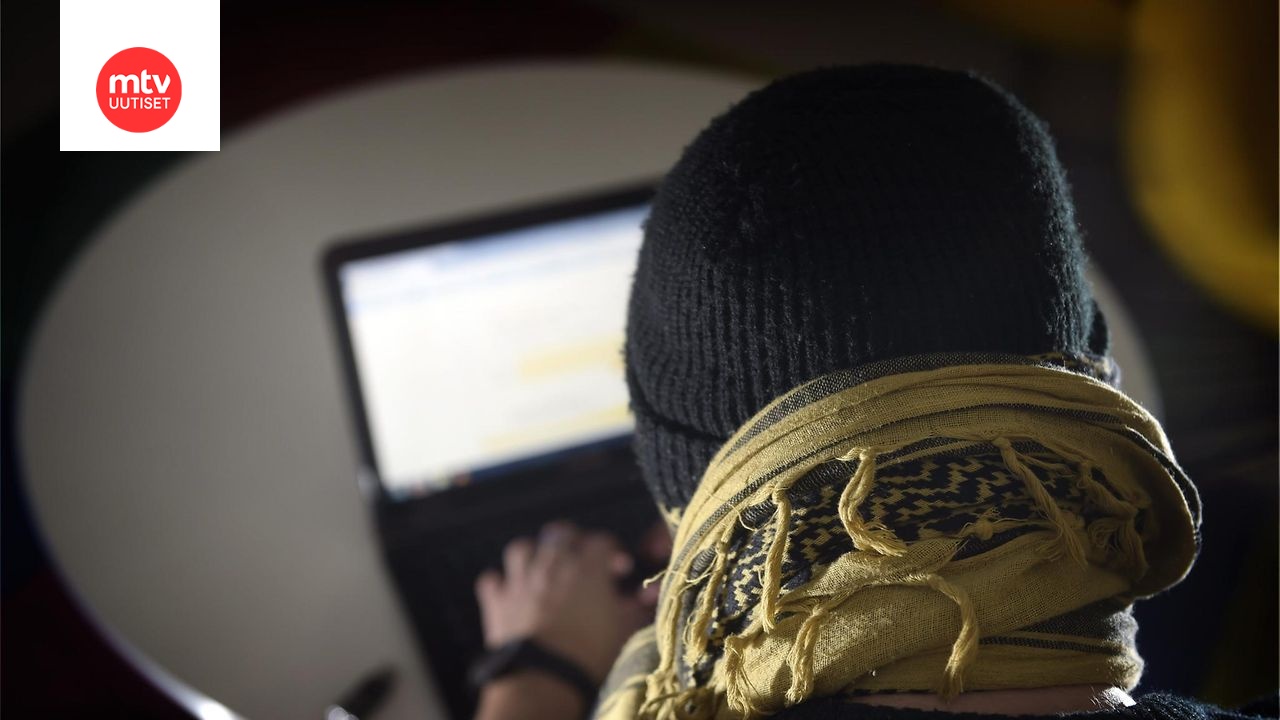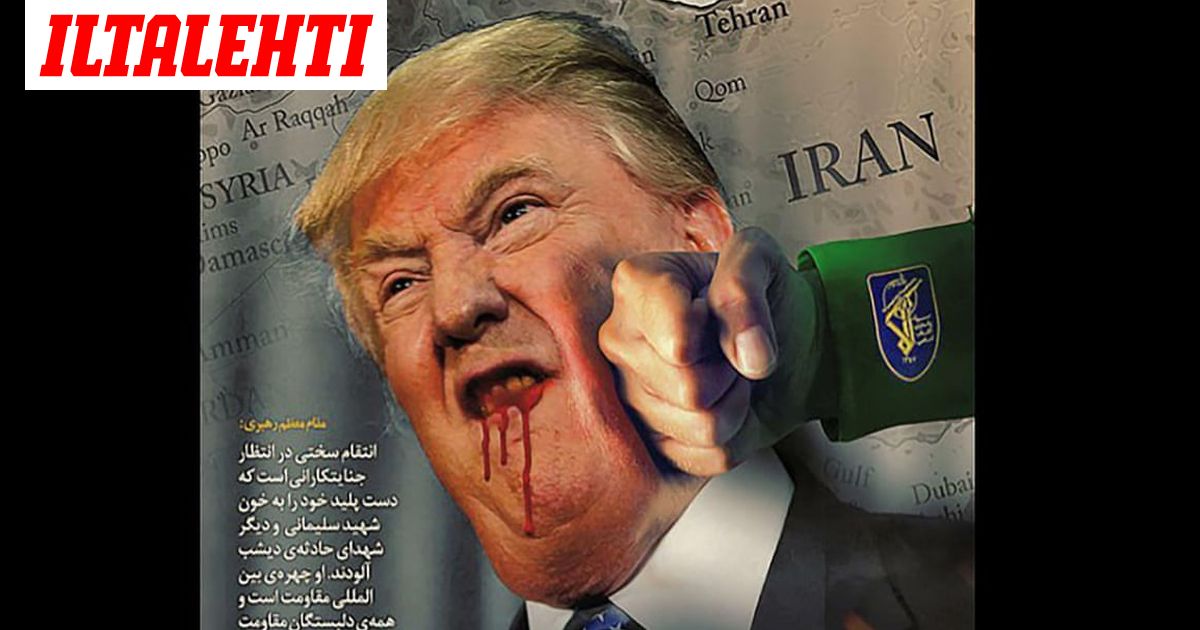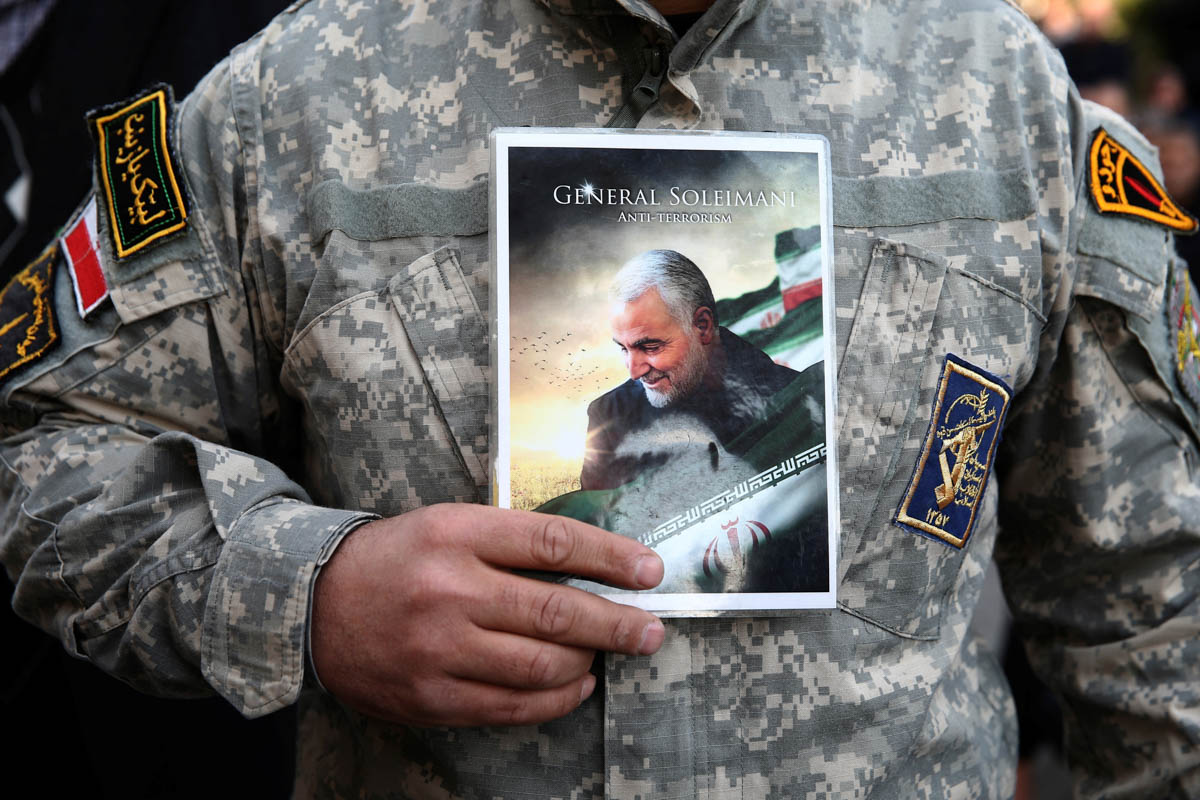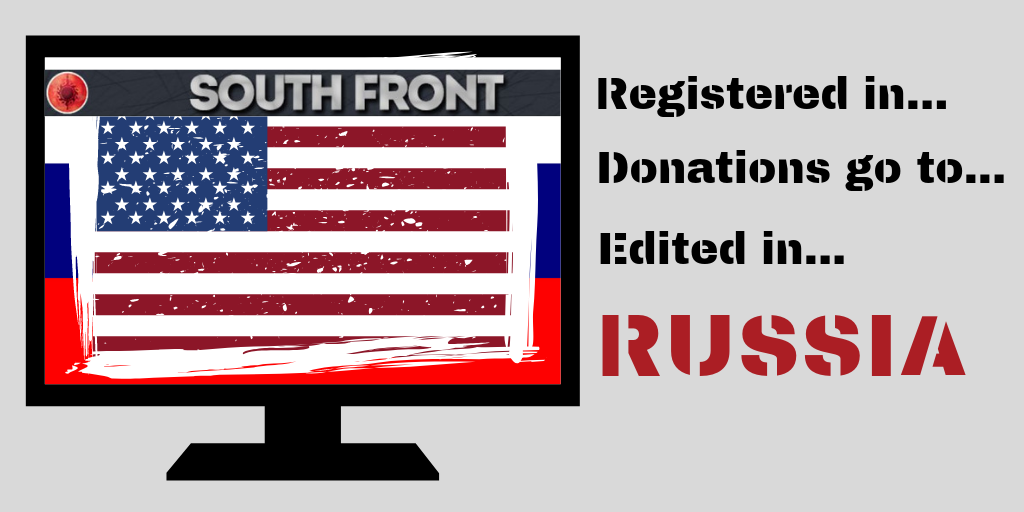Pikainen esittely Soleimanin seuraaja Esmail Ghaanista
Ainakin minä törmäsin tilausmuuriin. Kuukkeli antoi sivun kuitenkin luettavaksi. Rikon nyt vähän FT:n pykäliä ja nappaan leipätekstin tuohon.
Hours after Brigadier general Esmail Ghaani was announced as a successor to Qassem Soleimani, the assassinated leader of an elite force and the country’s most revered military commander, a picture appeared on Iranian social media networks of the new Quds leader. Of the 25 Islamic Revolutionary Guard Corps comrades in the picture, the 62 year-old is one of the few to have survived the war with Iraq. Most of those in the picture died in the eight-year long conflict that Iranians blamed on the US and shaped a generation of military leaders. They have since been declared martyrs. For Iranians, the picture makes clear that as a survivor of that war, in which hundreds of thousands of people died on both sides, Gen Ghaani will share the same hostility to the US as his predecessor, killed by the US in an air strike on Friday. Gen Ghaani, previously Soleimani’s deputy, is now facing a nation grieving the loss of the most respected military commander in Iran’s recent history. If Tehran does respond to Soleimani’s killing as its leaders have vowed, it will be Gen Ghaani and his forces who are likely to be at the forefront of any retaliation. The escalation comes as the Islamic republic grapples with an economic crisis at home caused by US sanctions. The US and its Arab allies blame Soleimani for sowing instability across the Middle East, particularly through Iran’s backing of militant groups in Syria, Iraq, Lebanon and Yemen. Even those Iranians who did not agree with Soleimani’s regional strategy respect him for his role in maintaining Iran’s security in a volatile region. While fearful of a full-blown war with the US, supporters of the Islamic regime are demanding retribution. “Who is going to take revenge for my father?” the weeping daughter of Soleimani, asked Iranian president Hassan Rouhani on Saturday. He replied: “Don’t worry! All will join in to seek revenge.” Soleimani’s charismatic leadership helped Iran a resistance movement against the US across the region, creating an unprecedented swath of influence that stretches from the Gulf to the Mediterranean, analysts say. Despite an impressive military record, it is unclear whether Gen Ghaani will be able to wield a similar amount of influence domestically or internationally. Mr Rouhani said on Saturday that Soleimani “cannot be replaced easily because he was not only a war commander and able to plan big operations but he was also a politician and a talented and unique strategist”. Gen Ghaani has a long and distinguished military record. Shortly after the 1979 Islamic revolution, Gen Ghaani, from the holy city of Mashhad and then only in his twenties, joined the newly formed Revolutionary Guards. He was initially dispatched to Iran’s ethnic Kurdistan region, but when war broke out with Iraq in 1980, he went to the front where he served as a commander until the end of the conflict in 1988. “He was one of a handful of commanders in Khorasan province who shone during the war,” said one resident of Mashhad who joined the Imam Reza-21 battalion under Gen Ghaani during the war. After the war, he moved to Tehran and joined the Quds Force, the overseas arm of Iran’s Revolutionary Guard. In 2012, The US Department of the Treasury said Gen Ghaani was responsible for financial disbursement” to elements including those in Africa and Lebanon’s Hizbollah and for weapons shipment to The Gambia in west Africa. While his military record is impressive, it is unclear whether he can marshal the soft power that Soleimani was famous for. Soleimani’s meeting with President Vladimir Putin helped swing the Russian leader in favour of intervention in the Syrian war, a move that determined the outcome of that conflict and helped keep Bashar al-Assad in power. Such high level diplomatic and political meetings could only have been handled by Soleimani, said Hossein Amir Abdollahian, a former senior diplomat Recommended Richard Haass America must be ready for Iranian retaliation Over the past decade, Gen Ghaani was Soleimani’s leading deputy in Quds. The group, which has been designated as a terrorist organisation by the US, has been tasked with what it calls a holy mission to stop the US from expanding its presence in the region. That close working relationship might have prepared him for his new role. “Soleimani said a couple of times over the past five or six years [in private circles] that ‘Ghaani and I are one soul in two bodies’,” said one analyst on Iranian state television. “When Soleimani was travelling, Mr Ghaani used to give advice to Soleimani . . . and attend the highest levels of meetings . . . Meanwhile, all resistance groups in various territories know Ghaani well.” Their relationship stemmed from the early years of the war with Iraq. “We are men of war. Our bonds and friendship are not formed by geography, soil and our cities,” Gen Ghaani is quoted as saying in local media about his relationship with Soleimani. “Those who become friends during hardship can keep stronger and more lasting relations.” In interviews, Gen Ghaani has said what matters most to him is the fulfilment of his religious duty — which he interprets as the removal of injustice from the Islamic world and the continuation of the fight against the US. “Our deadlock with the US and Israelis is not over nuclear issues, human rights and so on, rather it is about our learning how to resist against them and teaching that to others,” Gen Ghaani said in an interview with the Ramze Obour magazine four years ago. “Americans would be naive to think the Islamic Revolution would leave them alone.”
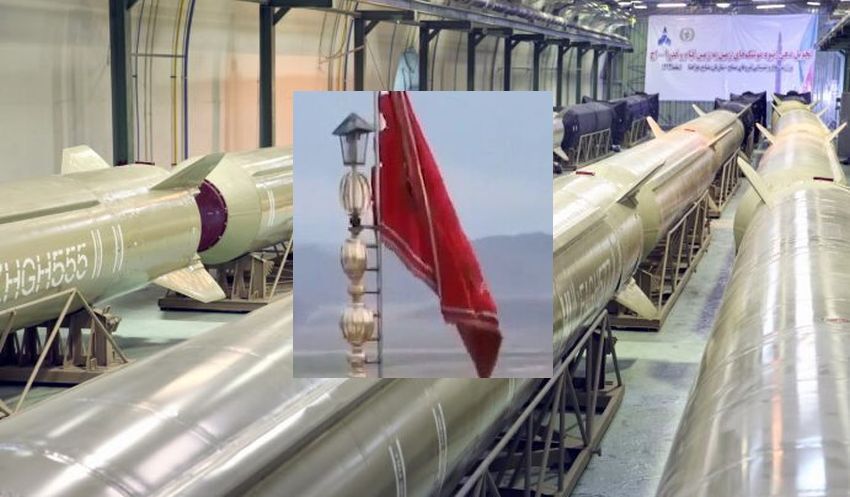
 www.debka.com
www.debka.com


